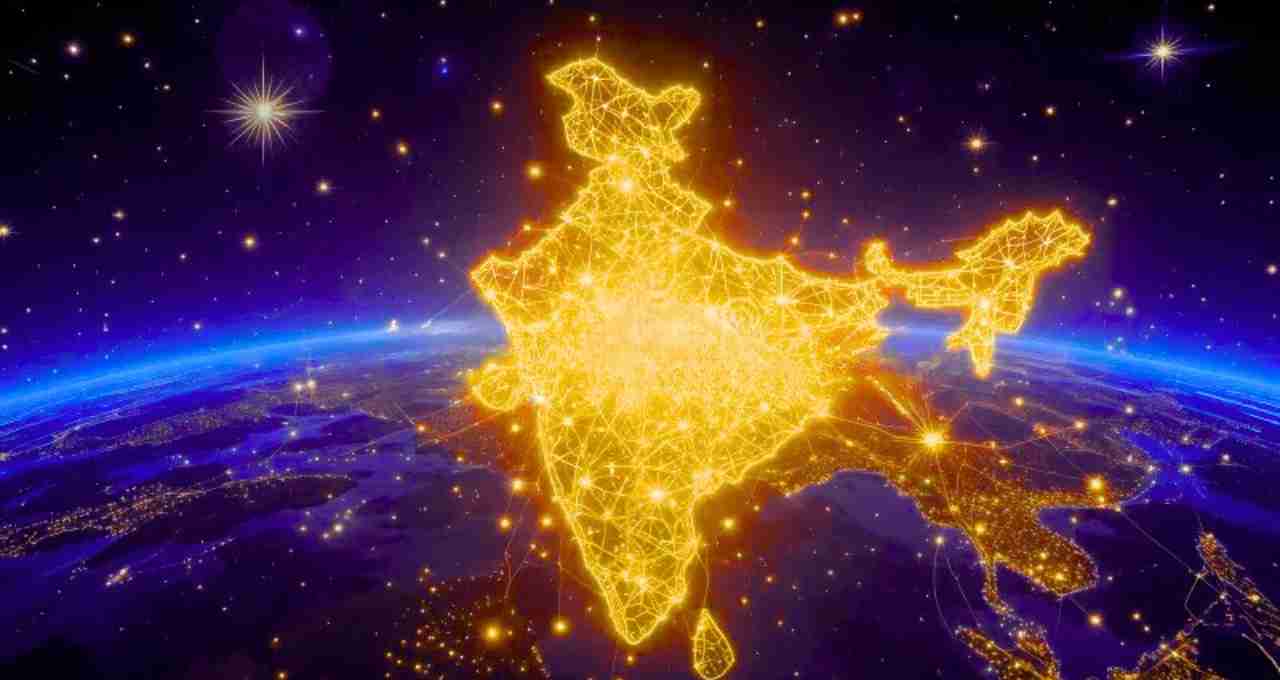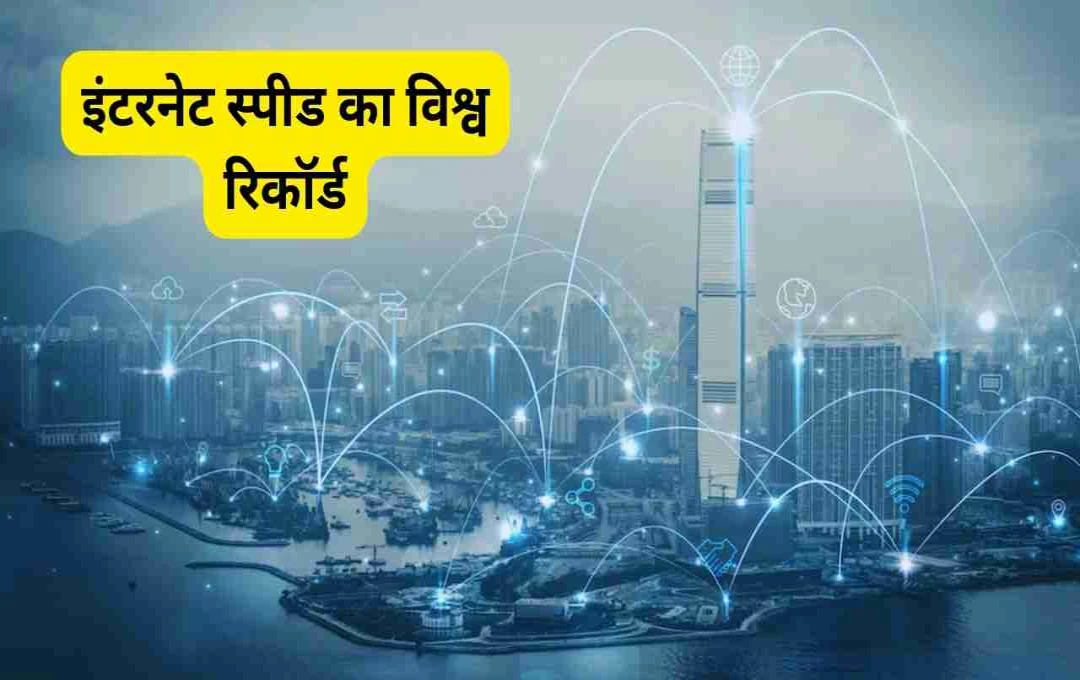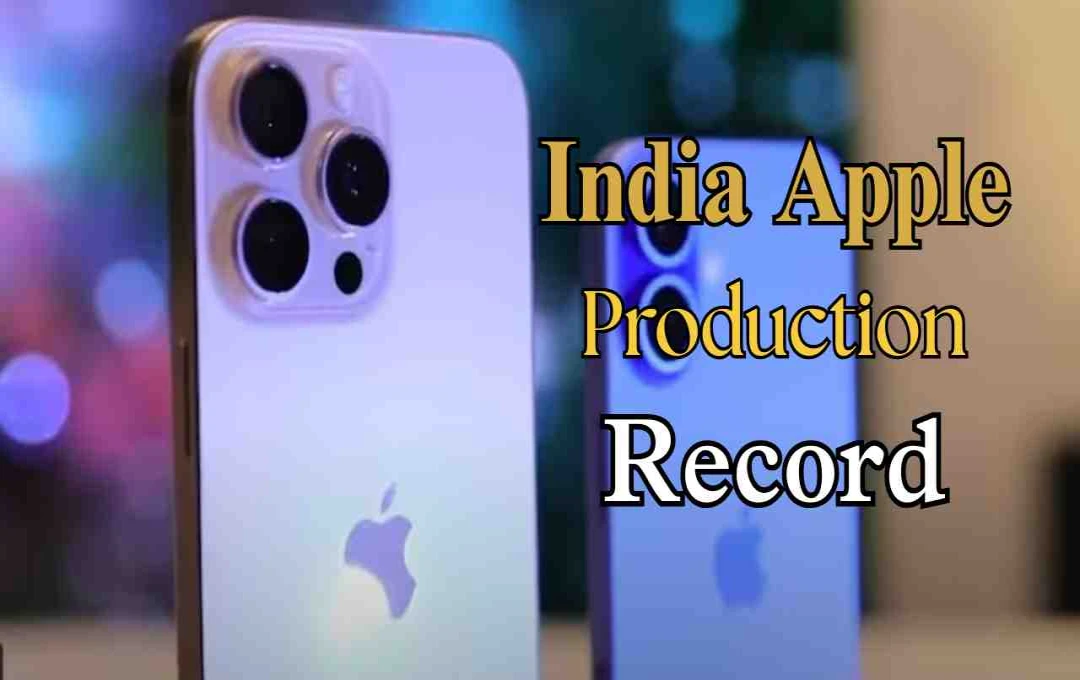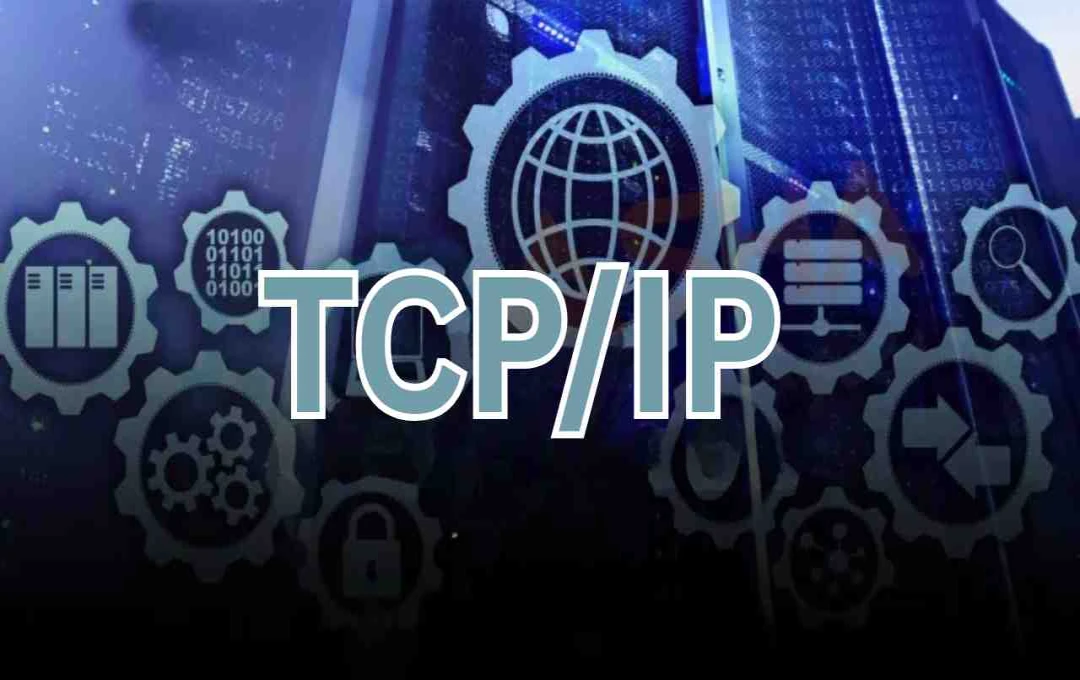Japan has set a new internet speed record of 1.02 million GB per second, capable of downloading Netflix's entire library in a single second. This technology promises to revolutionize future smart cities, healthcare, and AI systems.
Japan: The global competition in internet speed has evolved beyond mere speed to focus on the future. Japan has taken a historic step in this direction. Recently, Japan achieved a new world record by attaining an internet speed of 1.02 million gigabytes per second. This accomplishment has not only surprised technical experts but is also opening doors to new possibilities for the entire digital world.
What is this record and why is it special?
The speed achieved by Japanese scientists is equivalent to 1.02 petabytes per second. To put it in perspective, this is 3.5 times faster than the average internet speed in the United States and approximately 16 million times faster than the average speed in India. This means a movie or show that currently takes 10 minutes to download would be available on your device in a blink of an eye in Japan. Significantly, with this speed, the entire libraries of Netflix, Amazon Prime, and Disney+ can be downloaded in a single second. This is not just a technical experiment but a glimpse into the future of the internet.
Who made this discovery?
Behind this revolution is Japan's National Institute of Information and Communications Technology (NICT). Scientists at this institute achieved this speed using cutting-edge multi-core fiber and high-end signal processing technology. This technology is reported to be 1,00,000 times faster than existing domestic connections. For example, if your Wi-Fi provides a speed of 100 Mbps, the Japanese technology is reaching up to 10,000,000 Mbps.
How much data can be transferred?

This record proves that not only entertainment but also areas like AI (Artificial Intelligence), IoT (Internet of Things), smart cities, telemedicine, and online education are witnessing the dawn of a new revolution.
For example:
- Over 10,000 4K movies can be downloaded in a second.
- Multiple hospitals can share large medical data in real-time.
- Remote surgeries or online scanning will become possible in remote areas.
- Automatic traffic control and security systems will be able to operate on real-time data.
Enhanced security and productivity
The arrival of this technology will also rapidly transform the world of data security, smart energy, and business communication. Companies will be able to send large files or video conferencing data to any corner of the world in seconds, leading to a significant boost in productivity.
What is the current situation in India?

In India, the average internet speed recorded at the beginning of 2025 was 63.55 Mbps. Even now, a large number of women in rural areas do not have personal mobile phones. According to an NSO report, 48.4% of rural women do not own phones in their own names. Therefore, the arrival of such advanced technology in India currently poses a challenge.
What are the challenges in implementing this technology?
- Heavy investment: Upgrading the existing network will prove to be extremely expensive.
- Need for new hardware: Devices like multi-core fiber and advanced routers and switches will be required.
- International standards: Uniform rules and standards are needed to implement this technology worldwide.
- Cost and affordable access: Making it affordable and accessible to the general public is a major challenge.
Japan's 6G speed is also in discussion
In addition to this speed record, Japan has also recently unveiled a prototype 6G device, the speed of which is reported to be over 100Gbps. These devices provide such high speed even from a distance of 300 feet. This is 20 times faster than the existing 5G. While the expansion of 5G networks is still ongoing in India, Japan has already leaped into the next generation of technology.














